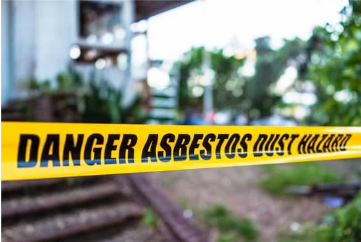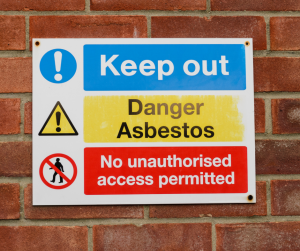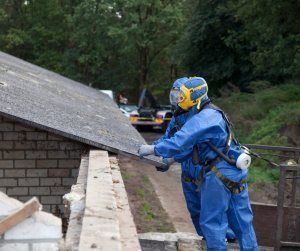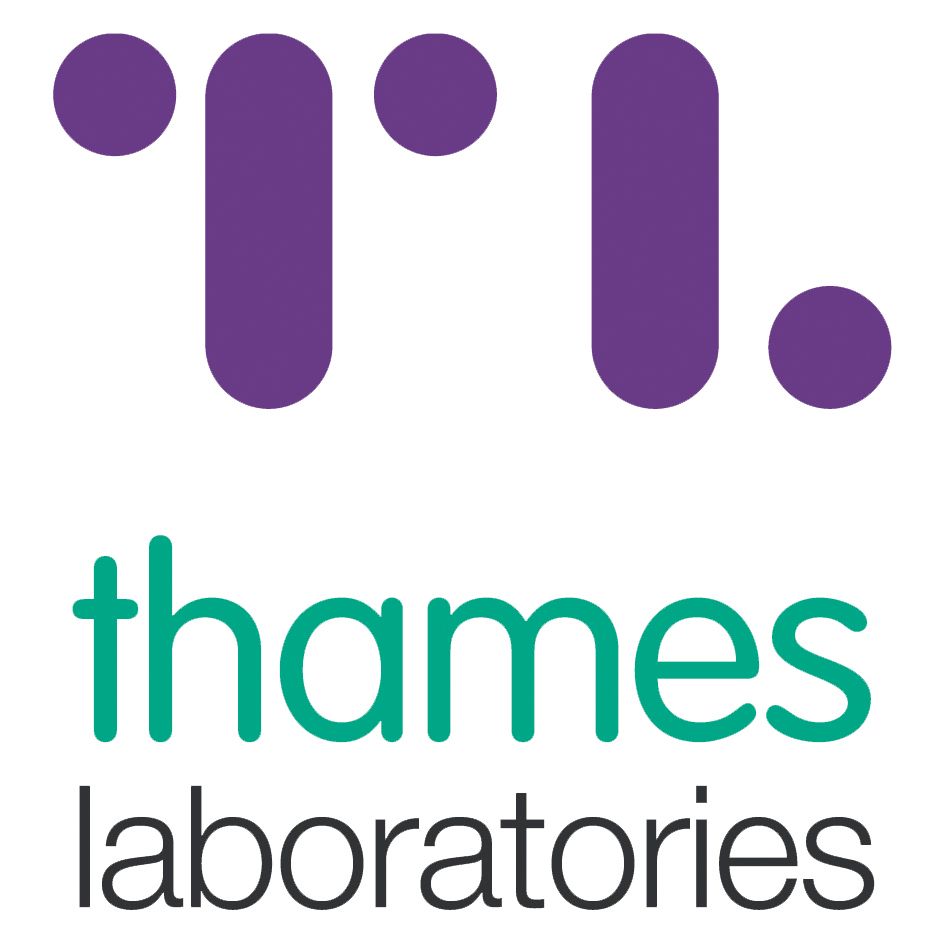Quick Links
Head Office
Hollow Farm
Hilton Road
Fenstanton, Cambridgeshire
PE28 9LJ
hello@thameslabs.com
Head Office
Hollow Farm
Hilton Road
Fenstanton, Cambridgeshire
PE28 9LJ
Southern Office
1 The Saltings
Salters Heath Business Centre
Sevenoaks, Kent
TN13 2BL







